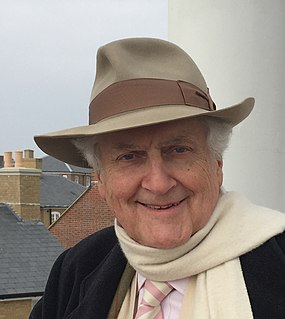A Quote by Noam Chomsky
Policy is largely set by economic elites and organized groups representing business interests with little concern for public attitudes or public safety, as long as the public remains passive and obedient.
Related Quotes
The best way to alleviate the obesity "public health" crisis is to remove obesity from the realm of public health. It doesn't belong there. It's difficult to think of anything more private and of less public concern than what we choose to put into our bodies. It only becomes a public matter when we force the public to pay for the consequences of those choices.
We need to revise our economic thinking to give full value to our natural resources. This revised economics will stabilize both the theory and the practice of free-market capitalism. It will provide business and public policy with a powerful new tool for economic development, profitability, and the promotion of the public good.
I can say with absolute confidence that the general public of Burma would be very little affected, if at all, by sanctions. So far, the kind of investments that have come in have benefited the public very little indeed. If you have been in Burma long enough, you will be aware of the fact that a small elite has developed that is extremely wealthy. Perhaps they would be affected, but my concern is not with them but with the general public.
All buildings, large or small, public or private, have a public face, a facade; they therefore, without exception, have a positive or negative effect on the quality of the public realm, enriching or impoverishing it in a lasting and radical manner. The architecture of the city and public space is a matter of common concern to the same degree as laws and language—they are the foundation of civility and civilisation.
Since there is no such entity as 'the public,' since the public is merely a number of individuals, the idea that 'the public interest' supersedes private interests and rights can have but one meaning: that the interests and rights of some individuals take precedence over the interests and rights of others.
By the aristocracy of finance must here be understood not merely the great loan promoters and speculators in public funds, in regard to whom it is immediately obvious that their interests coincide with the interests of the state power. All modern finance, the whole of the banking business, is interwoven in the closest fashion with public credit.
But, that’s the whole point of corporatization - to try to remove the public from making decisions over their own fate, to limit the public arena, to control opinion, to make sure that the fundamental decisions that determine how the world is going to be run - which includes production, commerce, distribution, thought, social policy, foreign policy, everything - are not in the hands of the public, but rather in the hands of highly concentrated private power. In effect, tyranny unaccountable to the public.



































